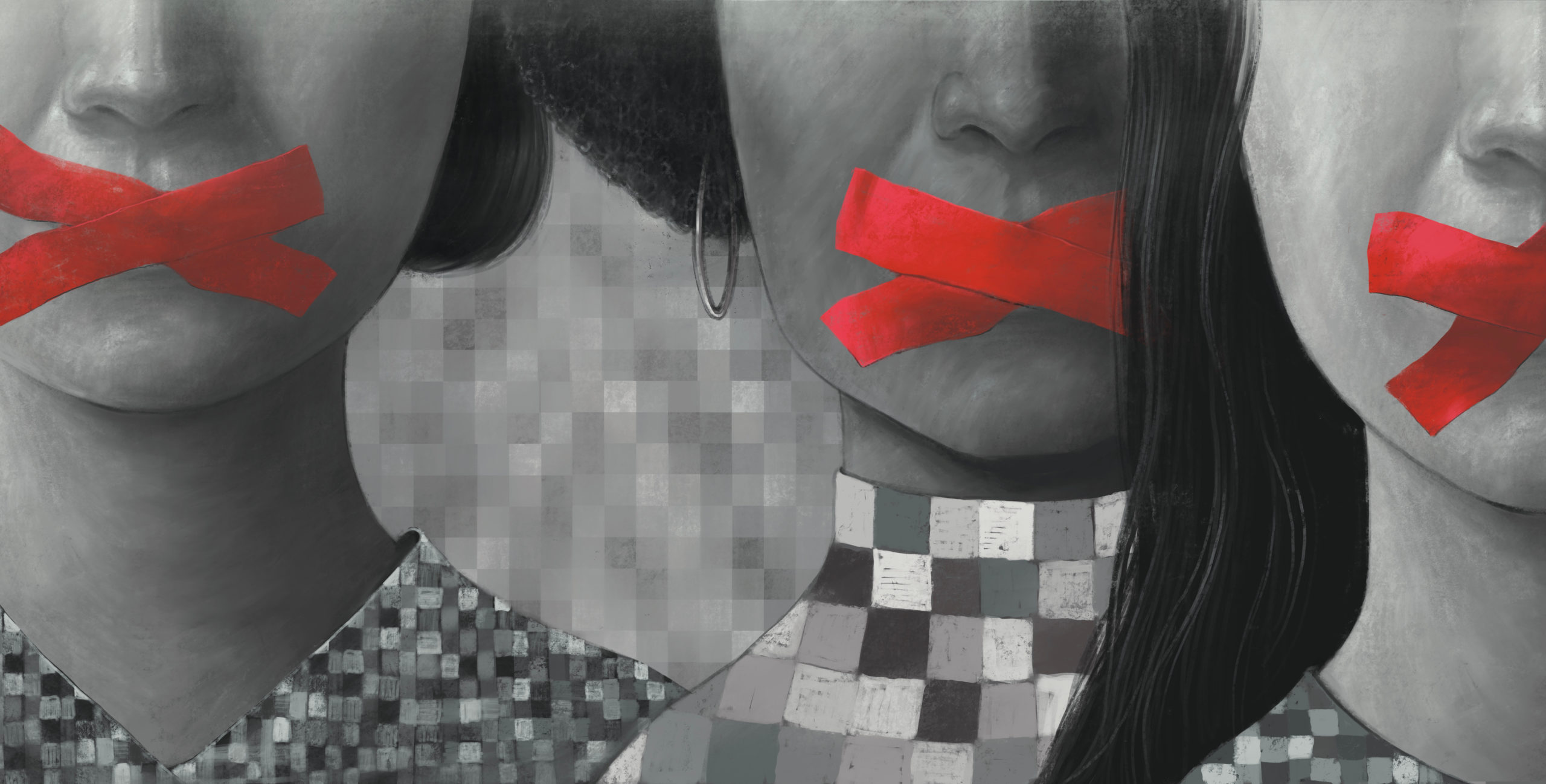Until 2020 three taboo topics were avoided in mixed company. American sensibilities taught me never to discuss race, religion, and politics publicly because they are polarizing. 2020 showed me that this practice is exactly what has allowed cognitive dissonance and willful ignorance to thrive.
While abroad my American accent often sparks strangers to ask me about Trump and my political preferences. I quickly noticed that being aware of international political issues and policies is common everywhere except in the United States. I’m currently living in Mexico and have been asked numerous times who I voted for on November 7th. Initially, my American sensibilities were taken aback. Then I asked myself if being secretive about politics encourages or helps end systemic racism and white supremacy?
Social media is one of the powerful tools in the world. It has the ability to affect millions in seconds. As seen last year with the death of George Floyd among many other issues. International activists specifically have used social media to shine a light on atrocities their government may have never allowed to be seen. The flip side to the same coin is that the spread of false news stories and unvetted memes can destroy all of these efforts just as quickly.
Young people are sharing things on social media that traditional news media is afraid to show. These online activists are communicating internationally and garnering global attention. Because of the #EndSars hashtag, we can visualize the destruction in the street and the devastation in the eyes of the people of Nigeria and beyond. Would we be as aware or informed of these issues without social media?
Still, there is a dark side to social media. This powerful tool has been used by presidents and terrorist groups alike. Now that we’re more aware and accepting of online activism it’s harder to be discerning. We are easily distracted by people on social media flirting with disaster. From influencers so blinded by the buck that they encourage people to travel to oppressive and dangerous places, to people literally dying for waterfall selfies. We should be asking ourselves: Who do we follow? What are we helping them normalize? How are we contributing to it all? Do our likes, clicks, and silence, especially to bad and/or unethical behavior, make us complicit?
Celebrities have huge platforms and a massive audience but have rarely been viewed as credible sources politically. The public often questions if their position as an entertainer includes a realm of knowledge on politics and policy. That is until recently. In 2018 Taylor Swift expressed a political opinion on Instagram. Which resulted in 66,000 new voter registrations in two days according to Vote.org. Before we let Taylor finish, can we mention Kayne West’s run for president? He ran as an Independent and tallied around 60,000 votes in the 12 states where he appeared on the ballot. His name was on the ballot as vice-president in my home state of California.
Politics were a taboo topic and now it seems like not picking a side is the bigger problem. In our piece The Diversity Metric we mention companies that were publicly called out and executives who were forced to resign due to their lack of social and political responsibility. Still, there are people like Kurt Russel who feel like celebrities should stick to acting instead of sharing political views. He told People, “As far as I’m concerned, you should step away from saying anything so that you can still be seen by the audience in any character.” This is not only the epitome of white silence, it is also the perfect example of prioritization of money over equality.
The senate runoffs in Georgia are in full swing and many celebrities are showing their cards in a race to turn Georgia blue. “All of Me” singer John Legend got into a Twitter debate with Mark Cuban after the Dallas Mavericks owner suggested potential runoff donors should give money to food banks instead of politicians. To which Legend responded, “I get that politics is annoying and contentious, but the bottom line is that the Senate flipping would be far more impactful than a food bank donation, I plan to err on the side of donating to help Ossoff and Warnock win. I hope it works. It will be better for the country.”
Many of us are talking about the new normal of 2020 and beyond. One of those norms is that influencers and celebrities are arming themselves with social media and making their beliefs and values, whether in politics or in social issues. And that isn’t necessarily a bad thing anymore. In fact, it is often a breath of fresh air – even for most brands working to land on the right side of history, and making sure that those who represent them are as well. Nevertheless, we are accountable for our decisions, as marketers, as brands, as influencers. Our actions matter, and so do our words, both on and off social. It’s our responsibility to vet the source and spread information that is based on facts and is conducive to the betterment of our society – even in marketing and public relations. The more accessible activism becomes, the more steadfast we have to be in our search for the unbiased truth. And the more responsible we need to all be in where and with whom we place our support.


